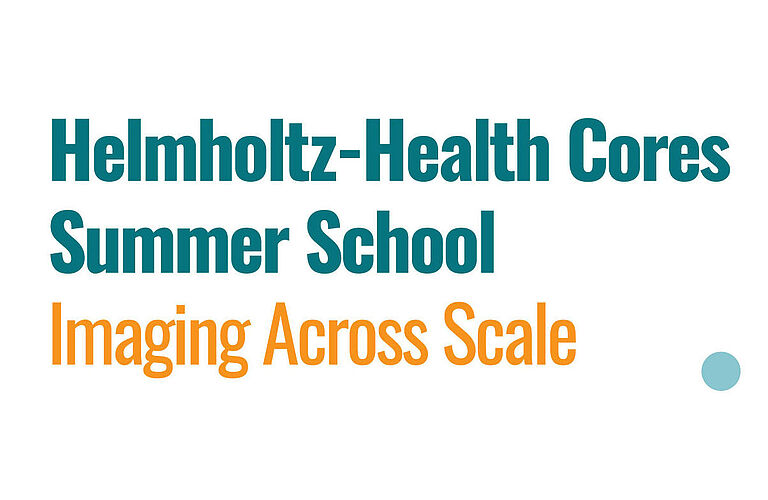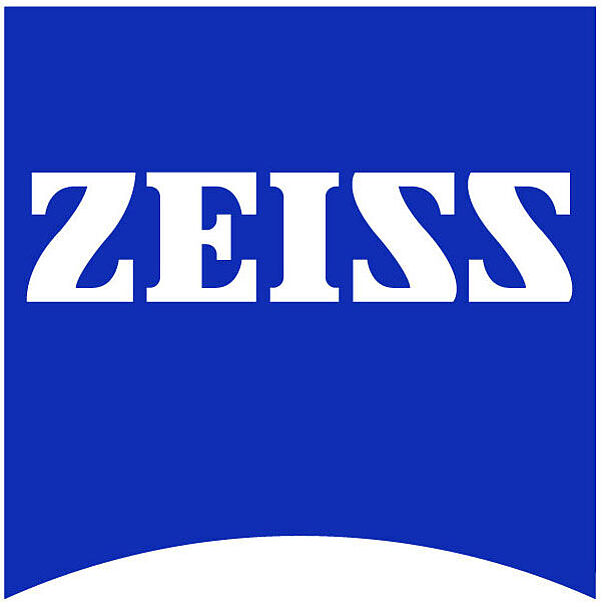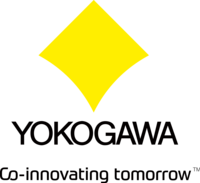Welcome
Welcome to the Helmholtz-Health Core Facilities Network summer school! Our first summer school will be hosted at DZNE Bonn and is designed exclusively for PhD students and junior PostDocs in the biomedical sector. It will offer an opportunity to learn cutting-edge research technologies and methods, collaborate with peers, and engage with leading experts in the field.
With a focus on interdisciplinary learning, our program is divided into four distinct tracks, each tailored to provide comprehensive insights into key areas of biomedical research. You will find a common track for everybody dedicated to FAIR use of scientific data and you can choose one of the other tracks focusing in:
Fair Data Use Track
Fair Data Use Track
Are you ready to dive into the world of FAIR Data? Join us to explore the fundamental principles of FAIR Data—Findable, Accessible, Interoperable, and Reusable—and understand why they matter in your research journey.
In today's data-driven landscape, mastering FAIR Data principles is essential for effectively managing your research data. Gain a solid understanding of FAIR Data principles and learn how to implement them in your own projects. From enhancing the discoverability of your data to ensuring its accessibility and interoperability, we'll cover it all.
But what about sensitive data? As PhD students, you may often deal with sensitive information, especially in fields like healthcare. Learn strategies to protect sensitive data while still aligning with FAIR principles. We'll discuss practical approaches to strike the right balance between data security and usability.
Ready to make your data not just usable but also reusable? Explore strategies to enhance the interoperability and reusability of your data, making it valuable not only for your current research but also for future endeavors.
And because we know that navigating the complexities of data management can be daunting, we'll equip you with a structured approach to developing your own data management plan. By the end of our track, you'll walk away with practical insights and actionable steps to elevate your research through FAIR Data practices.
Track 1: Advanced Light Microscopy
Track 1: Advanced Light Microscopy
Track 1 will provide the participants with three major topics of advanced light microscopy: 1) Large tissue imaging, 2) High-resolution deep-tissue imaging, and 3) Imaging subcellular structures by super-resolution microscopy.
Large tissue imaging
Discover the benefits of light-sheet microscopy, including reduced phototoxicity and faster image acquisition. Gain hands-on experience optimizing imaging conditions for high-resolution, 3D organ images. Explore practical applications and compare with other microscopy techniques. Learn about tissue-clearing methods for transparent imaging without sectioning. Investigate the potential of light-sheet microscopy for correlating diverse imaging technologies. Leave equipped with the skills to implement these techniques in your research projects. Don't miss this opportunity to enhance your research capabilities!
High-resolution deep-tissue imaging
This section of Track 1 focus on multiphoton microscopy! Learn about its fundamentals and applications in live animal imaging, particularly in neuroscience. Explore optical components and how to optimize them for better penetration depth and resolution. Gain hands-on experience aligning lasers and understanding hardware components. By the end, you'll be equipped to tackle the complexities of multiphoton microscopy and intravital imaging in neuroscience. Don't miss out on this opportunity to enhance your research skills!.
Imaging subcellular structures
This section will focus on super-resolution microscopy! Explore techniques to surpass the diffraction limit of light with Airyscan and STED microscopy. Get hands-on experience with cutting-edge microscopes to image subcellular components. Learn how to optimize setup for increased resolution and depth. Dive into image processing methods to enhance resolution further and apply it for co-localization analysis. By the end, you'll be ready to integrate super-resolution microscopy into your research projects. Don't miss this chance to enhance your skills!
Imaging 3-D-Spheroids
This section of track 1 will explore 3-D cell culture and imaging techniques, focusing on cellular spheroids. Discover how these cultures bridge the gap between 2-D and animal models. Learn hands-on methods for cultivating and imaging spheroids of various sizes. Explore challenges of 3-D fluorescence staining and suitable imaging technologies like confocal, spinning disk, super-resolution, light-sheet, and two-photon microscopy. Don't miss this opportunity to enhance your skills in 3D cell culture and imaging!
Track 2: Advanced Laboratory Automation
Track 2: Advanced Laboratory Automation
High-Content Screening (HCS) for anti-inflammatory Drugs – Chasing the novel Lead
The Track-2 course will provide the participants with three major topics of advanced laboratory automation for drug screening: 1) Automated liquid handling techniques, 2) Automated multiparametric HCS assay processing, and 3) Identification of most promising hit candidates.
Automated liquid handling techniques
You will learn about advanced liquid handling techniques in 384-well assay plates, boosting throughput in screening campaigns. You will use state-of-the-art instrumentation and software used globally in pharmaceutical and academic labs. By the end of this course, you'll be equipped with the basics to conduct advanced multiparametric HCS assays using primary human heterotypical cell models. Don't miss this chance to enhance your skills in high-throughput screening!
Automated multiparametric HCS assay processing
You will conduct a primary HCS screen using a multiparametric inflammation assay and testing 300 unknown drugs' capacity to inhibit innate immune response and inflammasome activation in PBMCs. Learn to combine homogeneous and single-cell assay approaches for detailed drug effect characterization. Discover the importance and process of setting up a standardized metadata protocol for automated assay analysis. At the end of this section you will have learned how to perform an HCS!
Automated post-processing of screening plates
You will master multiplexed immunofluorescence staining in 384-well format and understand how various pipetting techniques impact assay performance. Explore miniaturized HTRF assay technology to measure cytokine concentrations in well supernatants. Gain hands-on experience with automated image acquisition using our CV8000 high-throughput microscope. Lastly, learn to set up automated image analysis protocols to quantify drug-dependent cellular phenotypes. Get ready for an immersive journey into advanced assay techniques!
Identification of most promising hit series
You will learn how to analyze large standardized datasets and accompanying metadata. Collaborating with data analysis experts from Track 3, you will jointly conduct data analysis to pinpoint the most promising hit series. Get ready for a collaborative journey into data analysis to uncover valuable insights!
Track 3: Image and Data Analysis
Track 3: Image and Data Analysis
You will cover three topics related to image and data analysis. 1) Analysis of high-content screening images and data, 2) building a neural network for cell type classification, and 3) Segmentation of spheroid SUSHI imaging.
Analysis of high-content screening of compounds
You will explore image and data analysis within the context of HCS compound screening. You will analyze multi-channel fluorescence high-content images, extract relevant data and establish a workflow to handle large number of images and data generated by the automated microscope. Next, you will explore the generated data and build a multi-variate analysis pipeline to identify compounds performing best for a given criteria.
Segmentation and analysis of movement of spheroid SUSHI images
In this section of the workshop, participants will analyze a 3-D stack of images of a spheroid using advanced SUper-resolution SHadow Imaging (SUSHI). The tasks will include segmenting individual cells, examining subcellular structures within these cells, and analyzing temporal changes in the segmented regions.
Neural Network Cell Type Classifier
In this part of Track 3, you will build a neural network classifier to distinguish three cell types based on fluorescence images of their nuclei. Marker images of monocytes, T-Cells and B-Cells will be used as label data to train the network. The finished classifier will then be applied to a new set of images and the results will be analyzed.
You will learn to build a simple neural network classifier in Pytorch, use fluorescence images as label data, apply the network to data and interprete the results.
While you will work in groups focusing on a specific project, all tracks work synergistically and will interact with each other’s.
We will select 30 motivated PhD students that will be assigned to the three tracks (10 for each track). We look forward hosting you to our summer school and help you to expand your skill set, and propel your research forward. Join us and enjoy a full week of high-end learning at the DZNE in Bonn.
The registration fee is only 500€. You can apply here.
Download the final program.
Contact
If you have any questions, please get in touch with summer.school(at)dzne.de
Helmholtz-Health Core Facilities Network are:
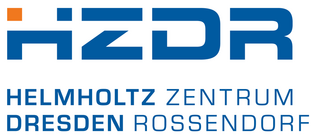


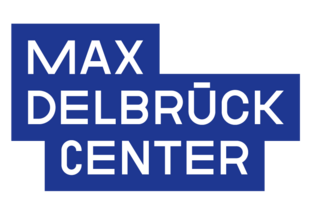

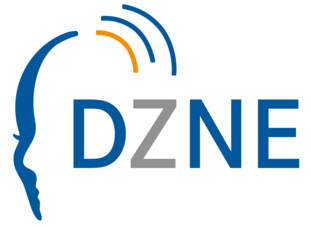
Platinum Sponsors
Gold Sponsor
Picture credit: Szasz-Fabian Jozsef - stock.adobe.com

